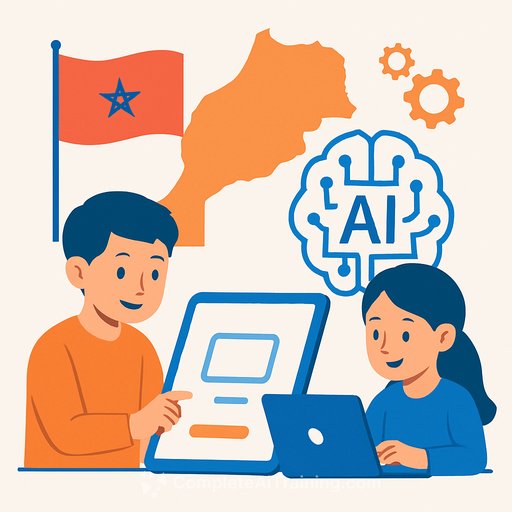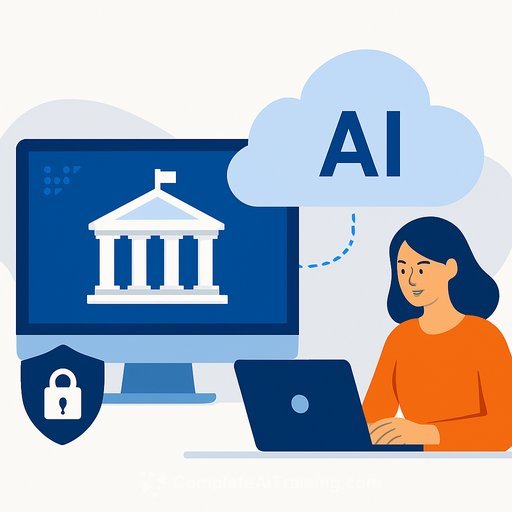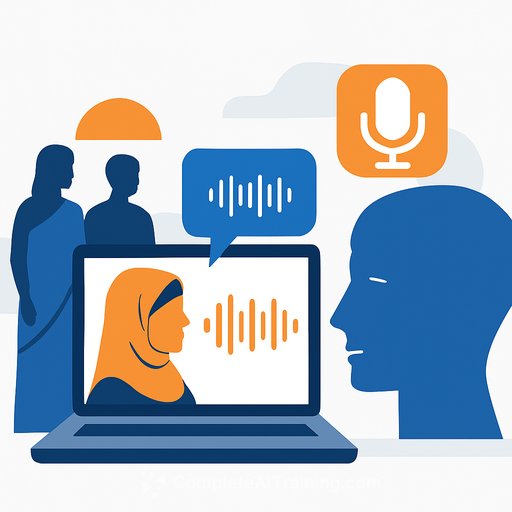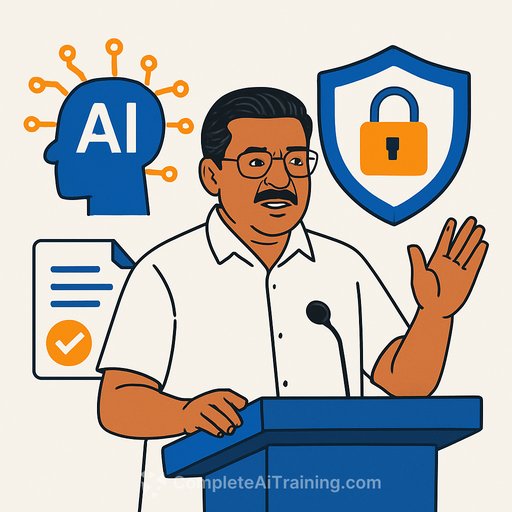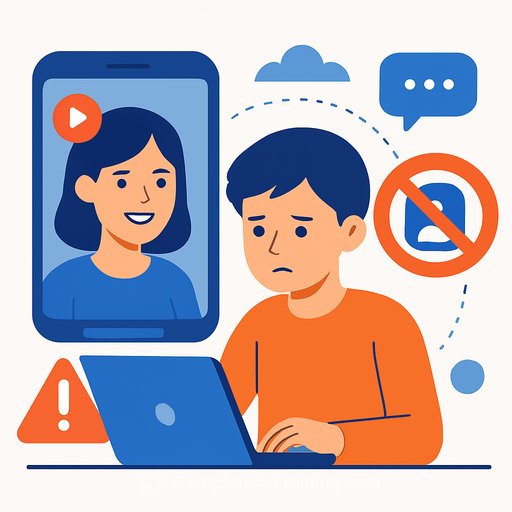Morocco Launches National AI and Digital Learning Program for Children
Morocco has launched the National Program for Children in the Fields of Digital and Artificial Intelligence, a nationwide effort to grow digital skills early and close regional gaps in access. The announcement was made at the Hassanouna Youth House in Tangier under the high patronage of His Majesty King Mohammed VI, Nasir Allah.
The launch was led by Mrs. Amal Al-Falah Al-Sagroshny, Minister assigned to the Prime Minister in charge of Digital Transition and Administration Reform, and Mr. Mohammed Mehdi Bensaid, Minister of Youth, Culture, and Communication. The program supports the "Digital Morocco 2030" strategy and places education, innovation, and technology at the core of inclusive development.
Who's Involved
This is a coordinated effort across the Ministry of Digital Transition and Administration Reform, the Ministry of Youth, Culture and Communication, the Ministry of Economy and Finance, and the International Center for Artificial Intelligence in Morocco (AI Movement - UM6P). The initiative is carried out under the supervision of UNESCO, reinforcing global standards and ethical guidance for AI in education.
UNESCO: Artificial Intelligence
How the Rollout Works
The first phase began on October 20, 2025, across 12 cities representing diverse regions. A cohort of 65 trained youth facilitators is supporting the pilot.
After evaluating phase one, the program will scale to all youth centers nationwide. The intent is clear: make access broad, keep delivery consistent, and sustain the model long term.
What This Means for Public Officials
- Coordinate locally: Map youth centers, school partners, and municipal venues to maximize reach and attendance.
- Ensure inclusion: Prioritize rural and underserved areas with device access, connectivity, and safe learning spaces.
- Standardize delivery: Use shared curricula, facilitator playbooks, and basic digital safety protocols.
- Build capacity: Offer ongoing training for facilitators and center staff, including AI literacy and child online protection.
- Streamline data: Set simple reporting templates for enrollment, attendance, and learning progress.
Suggested Metrics to Track
- Enrollment and completion by city, gender, and age group
- Device and internet availability per center
- Foundational digital skills gains (pre/post assessments)
- Participation of rural communities and children with disabilities
- Facilitator-to-student ratios and training hours
Governance and Delivery Tips
- Clear roles: Define responsibilities across ministries and youth centers to reduce overlap and delays.
- Procurement focus: Prioritize durable devices, local maintenance options, and offline learning kits where needed.
- Safety first: Embed privacy, cybersecurity basics, and age-appropriate content standards.
- Community buy-in: Engage parents, schools, and local associations early to boost attendance and continuity.
Why It Matters
Early digital and AI literacy increases future employability and supports national competitiveness. Done well, this program can reduce regional gaps, strengthen public trust, and create clear pathways from youth centers into higher education and vocational tracks.
For teams building facilitator skills and structured curricula, additional upskilling resources can help accelerate execution. See curated options by role at Complete AI Training - Courses by Job.
Morocco is setting a practical model: start local, measure what works, and scale what delivers outcomes. With consistent coordination and transparent reporting, this initiative can support long-term, inclusive growth across the country.
Your membership also unlocks:

